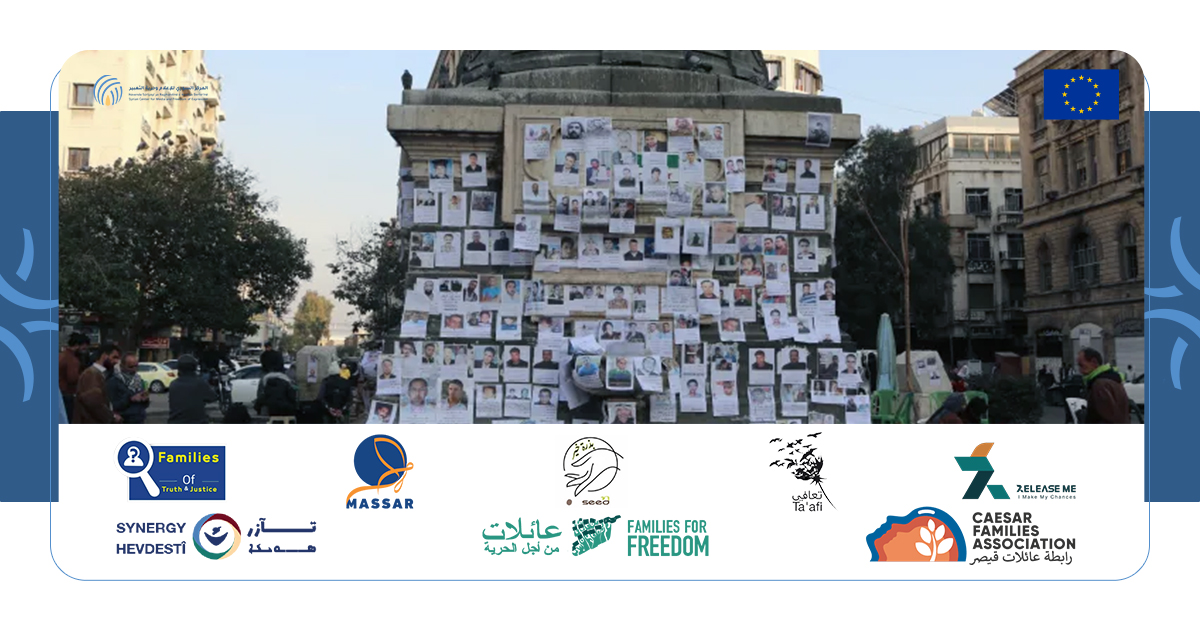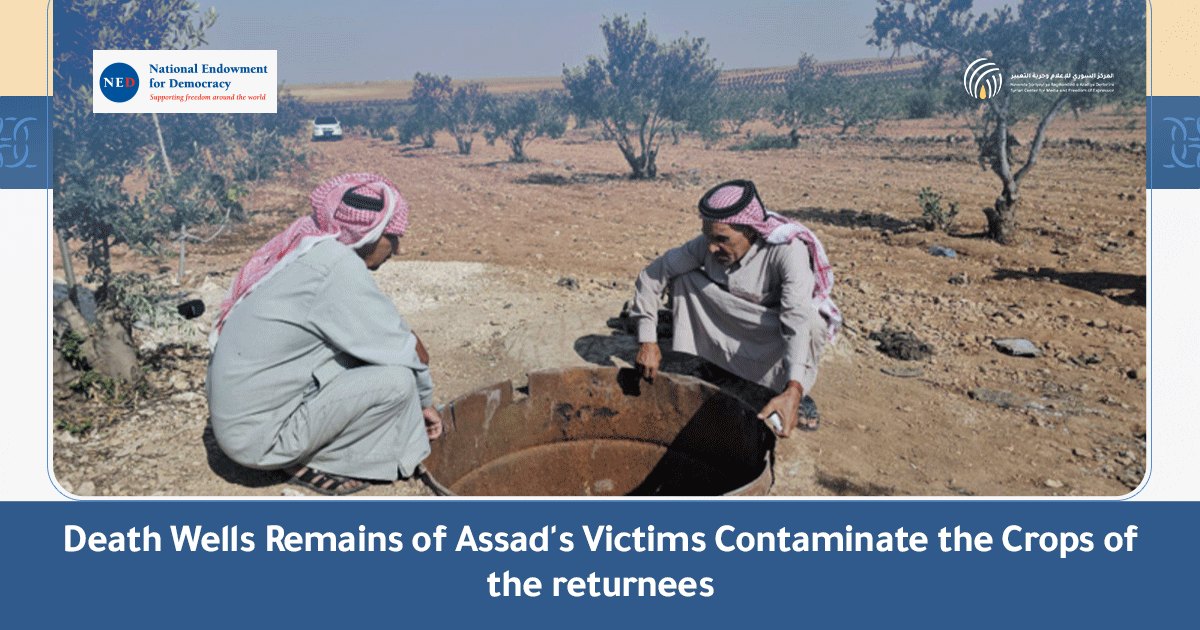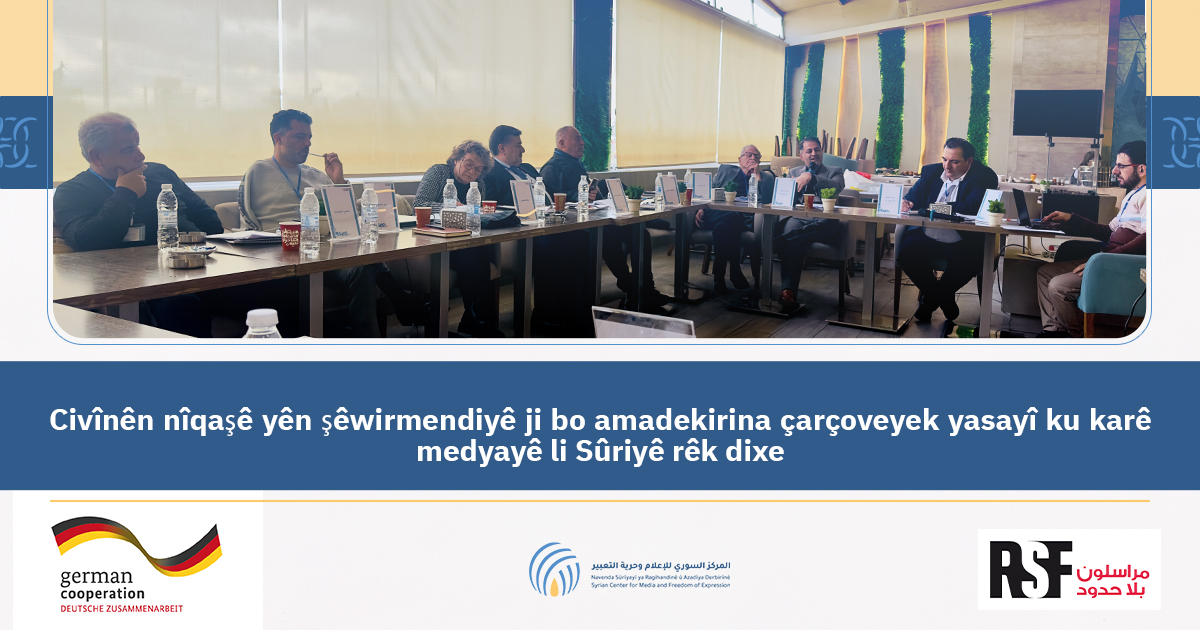The Media Digest of The Victims Support Project
The fall of the Assad regime in Syria brought significant changes in the issue of the missing. Prisons and detention centers formerly operated by the regime were emptied, and several mass graves containing the remains of victims of enforced disappearance were discovered. This also created opportunities for international organizations, as well as some Syrian civil society groups and victims’ groups, to enter Syria, work on the ground, and engage directly with the families and loved ones of the missing.
Despite these developments, thousands of Syrian families continue to suffer from ongoing crimes of enforced disappearance, torture, and ill-treatment at the hands of various de facto authorities across Syria. The prisons operated by these groups remain closed to investigations, while dozens of mass graves still require efforts to uncover, in order to achieve justice for all victims and their families.
Amid these transformations, civil society organizations and victims’ groups are striving to rebuild the social fabric and support transitional justice efforts by documenting violations and providing assistance to victims and their loved ones. These groups play a critical role in uncovering the truth and ensuring non-repetition of such crimes, contributing to justice and national recovery. Their work also includes legal and psychological support, and the promotion of democratic values and human rights to help lay the foundation for a stable and prosperous future in Syria.
In recent months, victims’ groups have intensified their efforts on the issue of the missing, including documentation of violations, and implementing advocacy campaigns at both the local and international levels to pressure all relevant actors to reveal the fate of the missing and to demand the establishment of a national body responsible for addressing this file inside Syria. Additionally, these groups have launched awareness campaigns aimed at protecting mass graves, educating the public about the rights of the missing and their families, and promoting legal awareness surrounding this issue — all of which contribute to greater public understanding and support national healing and reconciliation processes in Syria.





